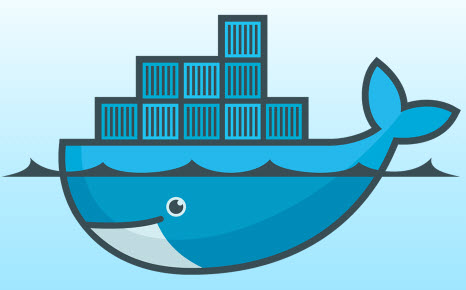Microsoft January Azure updates: Docker, Key Vault, large VMs

As it does every few weeks, Microsoft is rolling out a number of new features for its Azure cloud platform.

Docker is an open source engine that automates application deployment. Docker uses containers, in lieu of virtual machines, to enable multiple applications to be run at once on the same server. IBM, Rackspace and Google -- along with major Linux vendors like Canonical and Red Hat -- are all onboard in their support of Docker.
Since June 2014, Microsoft has made it possible for users to run Docker apps on Linux on Azure. Microsoft also is building Docker container support into its upcoming next release of Windows Server.
The company also is making generally available as of today the "G-series" of virtual machines, its largest VM size on Azure. G-series offers up to 32 vCPUs using the latest Intel Xeon processor E5 v3 family, 448GB of memory, and 6.59 TB of local Solid State Drive (SSD) space.
Microsoft also made available in public preview form in a number of regions Azure Key Vault. Key Vault provides scalable and secure Hardware Security Module (HSM) appliances in the cloud. Key Vault lets users store cryptographic keys in Azure.
Key Vault isn't entirely new; it's the new name for Microsoft's Azure RMS bring-your-own-key (BYOK) offering.